Felix R. Savage is an acclaimed author of science fiction whose work blends intellectual rigor with dynamic storytelling. Known for his intricate plots, morally complex characters, and grounded depictions of futuristic conflict, Savage explores the tension between personal integrity and institutional dysfunction with insight and wit. His writing draws from a deep well of genre knowledge—ranging from classic thrillers to hard science fiction—and is marked by a commitment to internal consistency, narrative surprise, and emotional authenticity.
In this interview, he discusses the ideas and influences that shape his work, from the philosophical underpinnings of his protagonists to the strategic realities of space combat. With a thoughtful perspective and a sharp sense of humor, Savage offers a compelling look into the creative process behind his expansive body of work.
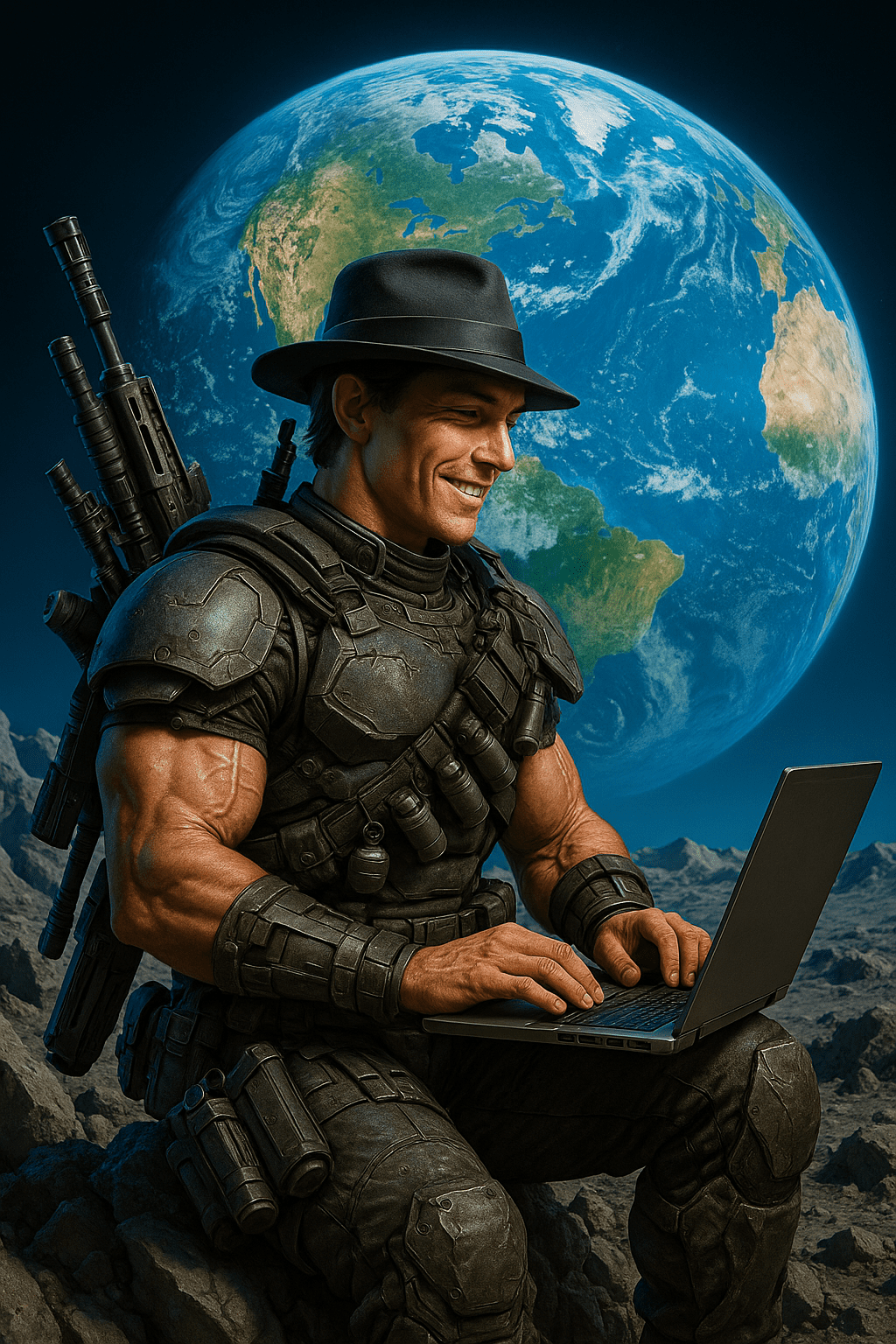
The Honor of the Fleet series explores the intersection of personal duty and systemic corruption. Was there a specific real-world parallel or moment in history that inspired how this tension plays out in the series?
Our entire lives are lived out at the intersection of personal duty and systemic corruption—good way of putting it, thanks! I often think of it as the everyday tug-of-war between me (you, each of us) and the machine, a.k.a. TPTB, a.k.a. the spirits of wickedness in the high places. There are some lines I love from the poet John Davidson:
It’s a naked child against a hungry wolf;
It’s playing bowls upon a splitting wreck;
It’s walking on a string across a gulf
With millstones fore-and-aft about your neck;
But the thing is daily done by many and many a one;
And we fall, face forward, fighting, on the deck.
The risk I think a lot of us are facing at present, which I specifically address in Honor of the Fleet, is the temptation to assume the bad guys are fiendishly clever. In fact they’re quite stupid.
One of the series’ most gripping dynamics is the moral ambiguity of its heroes. How do you approach writing protagonists who must walk the line between honor and survival?
I was talking about this with my 13-year-old the other day. I think the conversation started with Harry Dresden. A lot of bookish conversations start with Dresden in our house! Dresden is a powerful main character with a heart of gold who makes mistakes and fails. Like, all the time. He’s also been known to do the wrong thing for the right reason—the “It seemed like a good idea at the time” approach. Radrick Siegn, the main character in Honor of the Fleet, is a natural at this. Of course, this is sci-fi, so there’s no magic involved. Siegn’s “superpower” is surviving. He starts out by cutting every corner and working every angle he can find. Eventually, he figures out that the choice between honor and survival isn’t really a choice: you cannot survive in any meaningful sense without honor.
Felix, you’re known for unexpected twists. Without spoilers, how do you decide which rules of the universe you’re willing to bend or break for the sake of narrative impact?
Get behind me, Satan! I never break in-universe rules. They’re there for a reason, you know. What I do enjoy doing is bringing in something from left of center that you weren’t expecting, but once you see it, you realize it has every right to be there. There’s something like that in the last book of Honor of the Fleet, and there was also something like that in the last book of Eighth Continent. There was a huge twist of that type in Earth’s Last Gambit that even I didn’t see coming, which proved quite controversial with readers. These days I prefer to stay away from controversy. You can shock without scandalizing. Get ready for my next series because it’s going to be immensely shocking.
Your stories have taken readers across the sci-fi spectrum, but Honor of the Fleet has struck a sharp chord with fans of action-thrillers too. What drew you in this direction and how did you balance the character depth you’re known for within the high-octane framework?
As a reader I’m eclectic. I read everything from historical fiction to classics to science fiction to mysteries and spy stories with some non-fiction thrown in. Patience, I actually am answering the question. For the last 2-3 years I’ve been on a nonstop binge of reading mid-20th century thrillers. My specific period is approximately 1930-1990. If you want to know why, I have a whole thesis on this which I keep locked up in case the lizard people find it, but I can share it over email with interested parties. If you just want the books, start with Eric Ambler, then read Len Deighton, and from there branch out into lesser-known authors including the historical thriller masters Alfred Duggan and George Shipway. I’m basically a world authority on these guys at this point. What could be more natural than that I would try to incorporate some of that breathtaking tension and suspense into my science fiction? Talk about balancing character depth with high-octane pacing—these authors had that all figured out sixty years ago!
Space combat in this series is cinematic, yet grounded in believable tactics. Any real-world naval or military strategies that influenced you?
Just because it’s the future doesn’t mean the laws of physics no longer apply. The main considerations in any interplanetary conflict will be distance and psychology. Stealth is not a thing in space. You can’t hide a drive signature. You can’t even hide a pocket-sized drone (and pocket-sized drones would be problematic to deploy anywhere outside low orbit for other reasons). So they’ll always see you coming, analogous to how satellite coverage has removed the element of stealth from troop deployments here on Earth. In Honor of the Fleet, the two opposing space forces have solved the problem by simply banning weapons. The trouble with that is twofold. First, ship drives are weapons. The ships in this series are all nuclear-powered. That gives you some hefty offensive capabilities right there, even if you don’t call them that. Secondly, bad guys don’t obey the law. Duh.
Real-life geopolitical events give me endless inspiration, not to mention a lot of laughs.
After writing everything from screenplays to short stories, what did you discover about yourself as a writer while crafting this particular saga?
I’ve never written any screenplays. You must be mixing me up with my brother who works in Hollywood. (Fun fact: I’m the second-eldest of six. Two of us are writers, two are in medicine, one is in transport and logistics, and one is a werewolf who lives in a small town in Sweden where no one is allowed to let on that they’re unhappy.) I learn a lot with every new series, but Honor of the Fleet is the first time I’ve had the chance to fully indulge my love of Mars. When it’s complete, I’m going to send copies to Elon Musk with a note saying, “Get on with it!”

The best writing fuel: strong coffee, quiet room, or a playlist that slaps?
Absolute silence and green tea.
What’s the one plot twist you’ll never forgive another author for pulling off before you could?
The end of Use of Weapons by Iain M. Banks. I’ll never forgive him—for dying before he could write any more Culture novels. If you haven’t read Use of Weapons yet, do yourself a favor and do not Google it, because that will give away the twist. Just get hold of that book and read it.
In a firefight aboard a battlecruiser, do you lead the charge or hack the comms from behind the scenes?
I’m shooting my way out while everyone else is busy fighting each other. What was that about honor and survival again? The brutal truth is that the equation changes once you have children. I have three. They need me more than Commander Fatface does.
Most underrated sci-fi book or series everyone should read?
I’m going to go with an indie writer you’ve probably never heard of: Walter Blaire. He seems to have gone dark the last few years, but everyone should read The Eternal Front. The man can write, and I say that as someone who doesn’t do polite flattery.
So please take it in all sincerity when I say I’ve greatly enjoyed this interview! Thank you for the opportunity. Stay frosty out there, everyone, and don’t fire until you see the whites of their eyes.
Get Felix R. Savage’s latest series, Honor of the Fleet, available on Amazon
Fleet Officer by day. Smuggler by night. Only he can save Saturn Station.
A junior intelligence officer in the Martian Combined Fleet, Radrick Siegn supplements his meager pay by smuggling contraband from Saturn to Mars. Someday, he’ll buy his own ship and escape the Fleet forever.
But his captain has other plans for him.
A tanker pilot has been murdered on Saturn Station. It’s up to Siegn to salvage the honor of the Fleet by finding the killer … before they kill again.
The investigation plunges Siegn into the seedy underworld of Saturn Station, where he learns this was no ordinary killing. Malevolent powers are plotting a future for Mars that will not involve humanity.
They think no one can stop them, but they never counted on facing an agent like Siegn. He knows the dark side of the solar system as well as they do and can put a cyborg in a rear, naked choke hold. Oh, and he plays Chopin beautifully.
Experience this pulse-pounding science fiction thriller from Felix R Savage, NYT Bestseller author of Eighth Continent and Earth’s Last Gambit. Filled with mystery, realistic action, detailed world building and Savage’s patented wit, it’s perfect for fans of JN Chaney, John Scalzi, and David Weber!

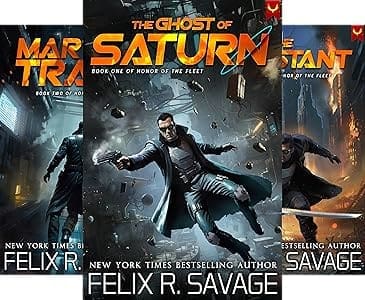
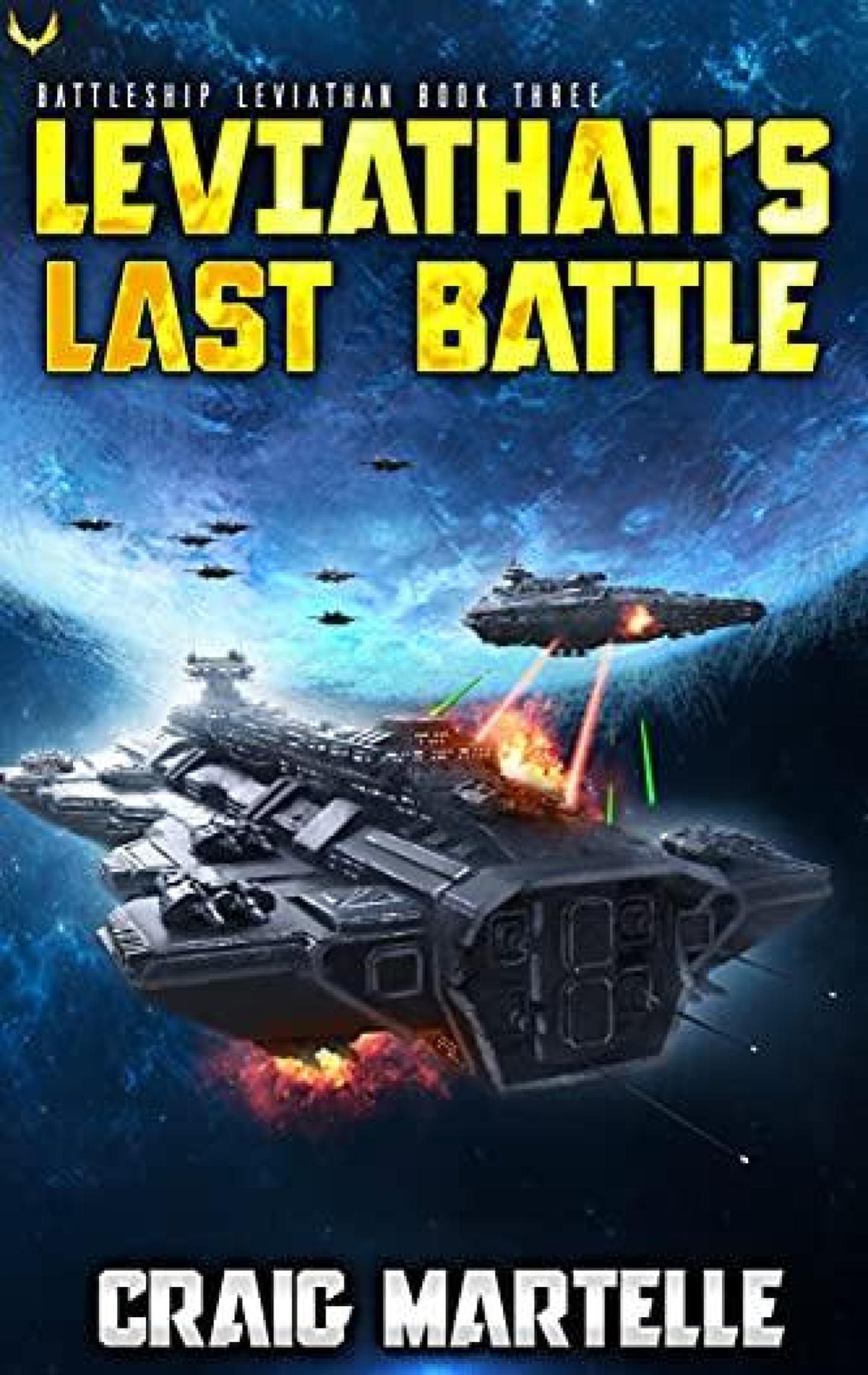
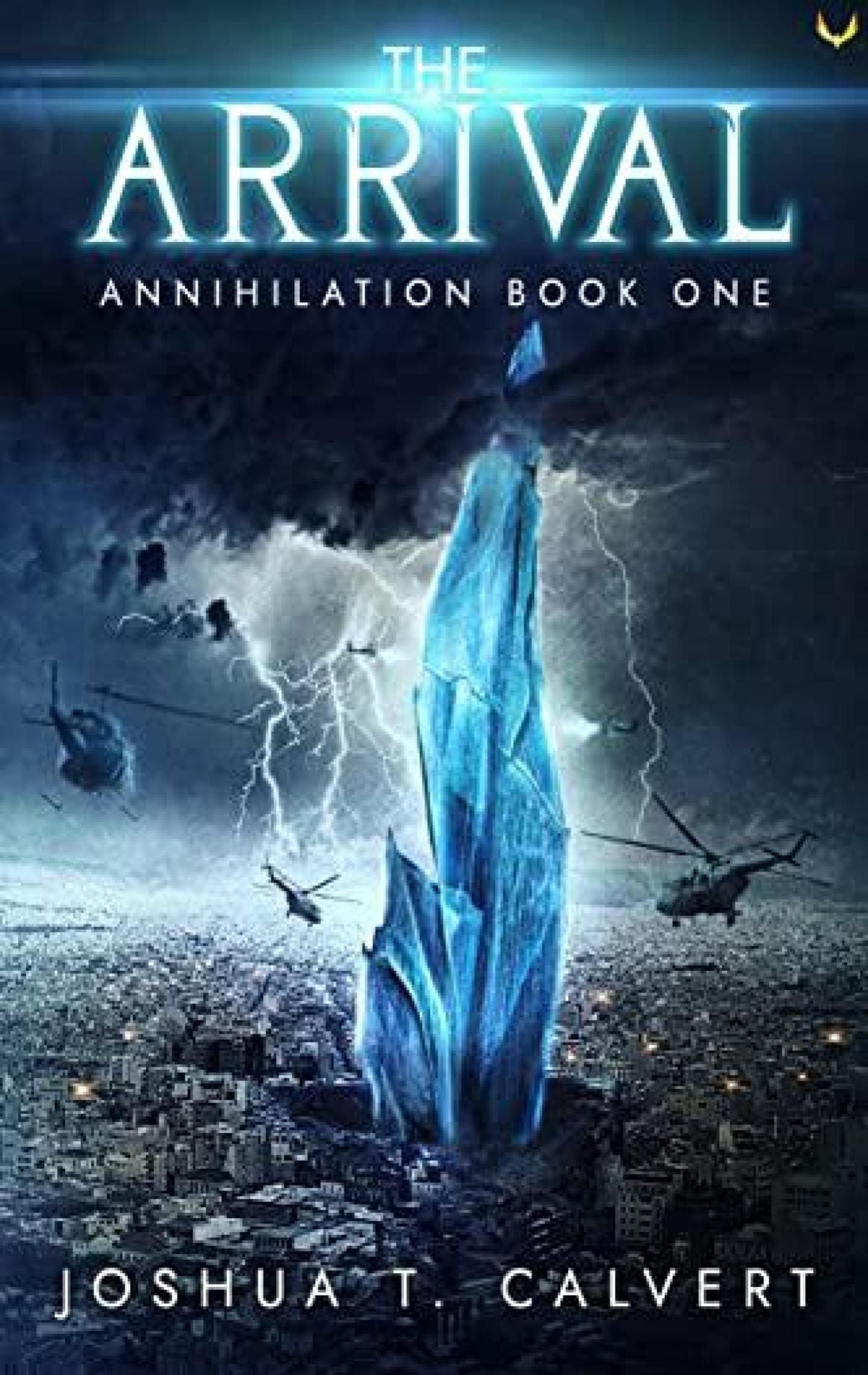
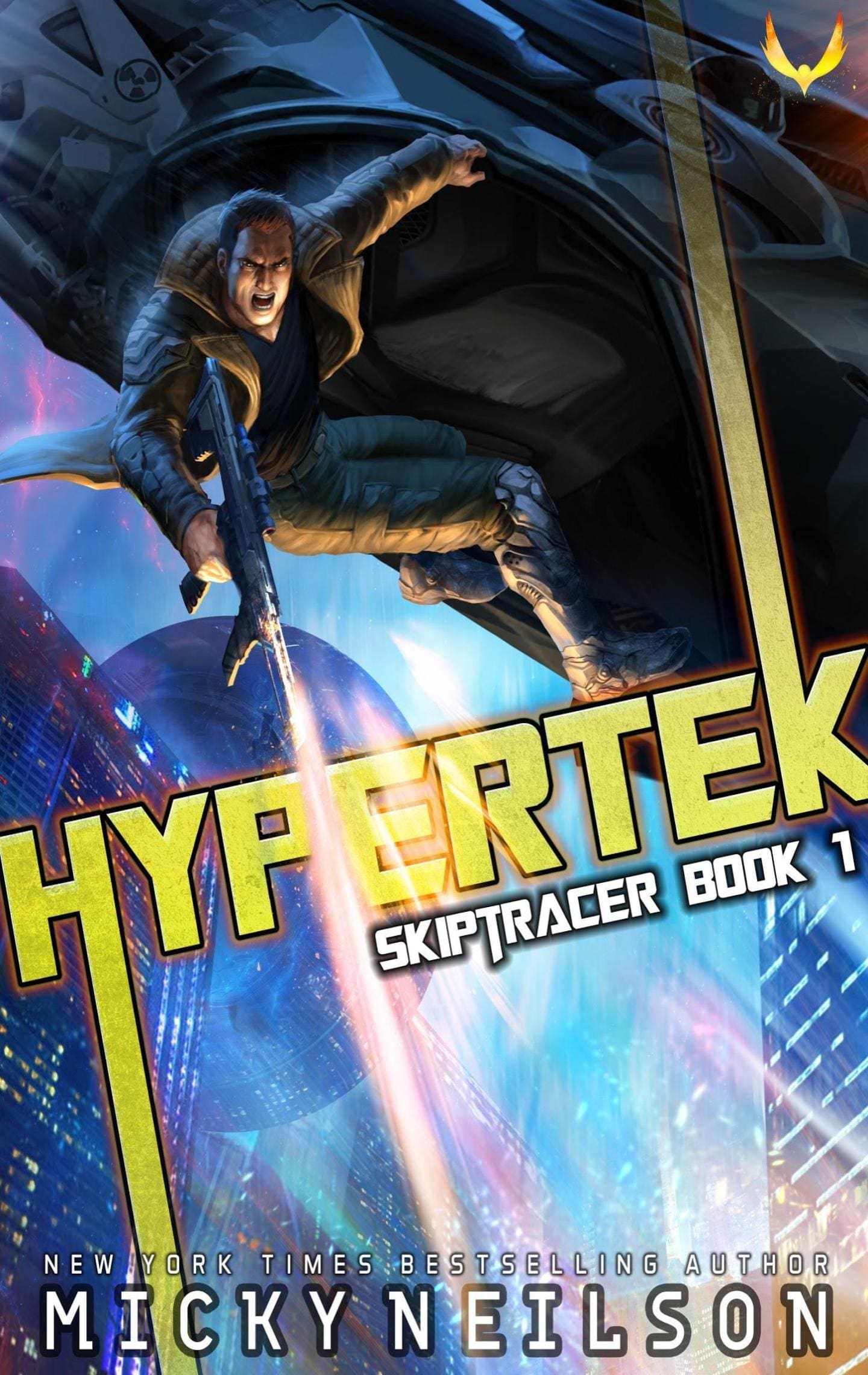
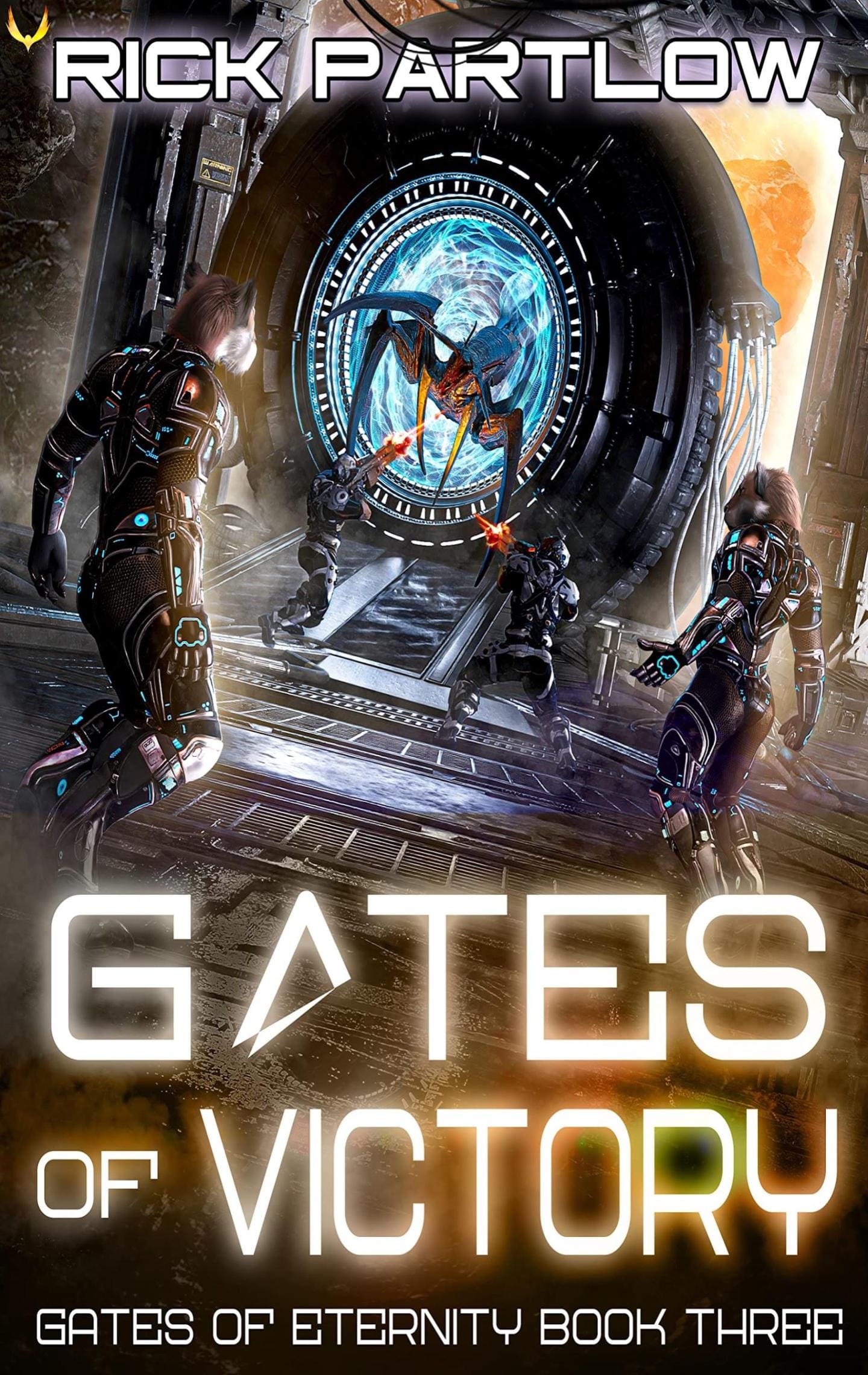
Who is Felix R. Savage, and what inspired him to become an author?